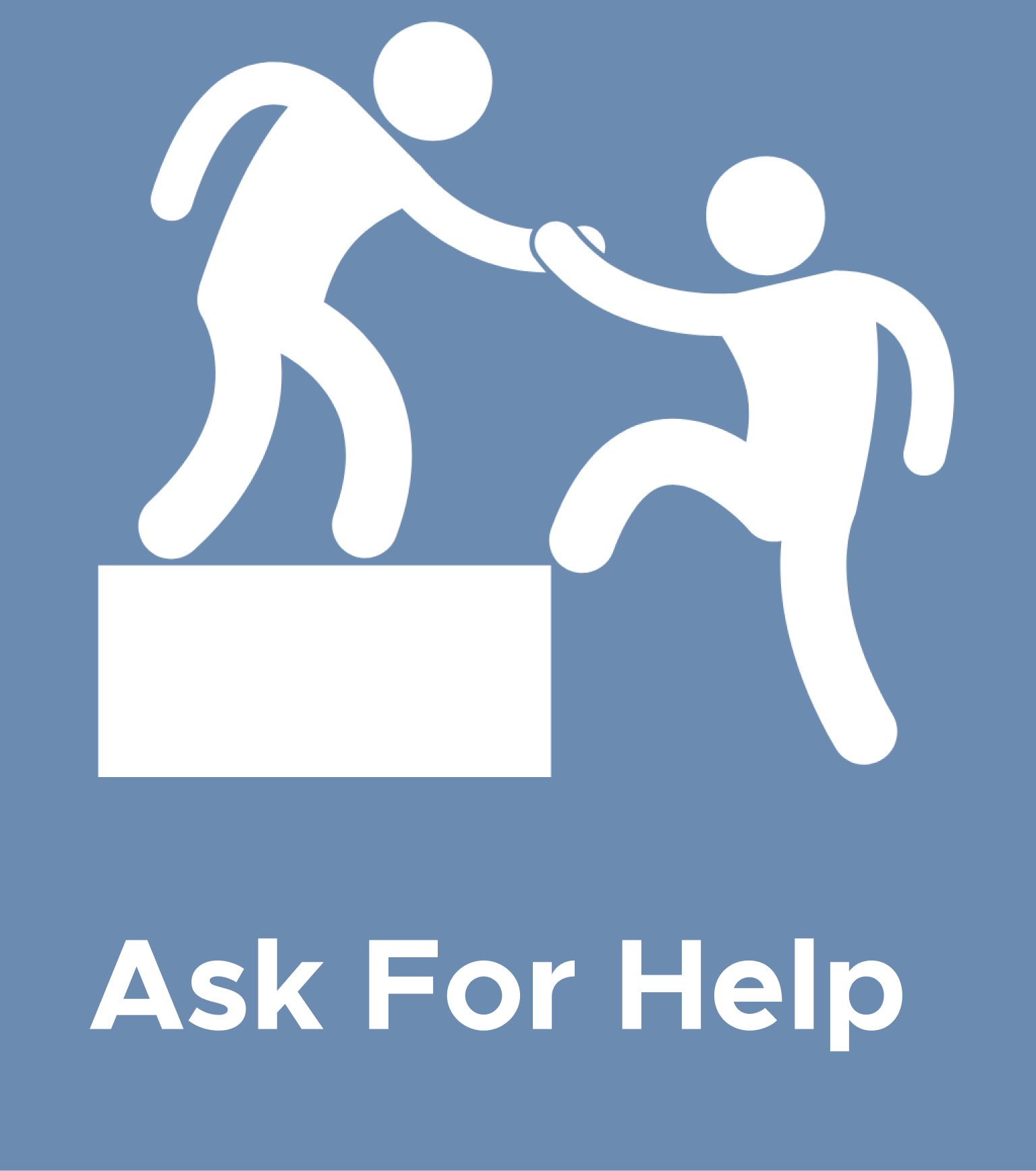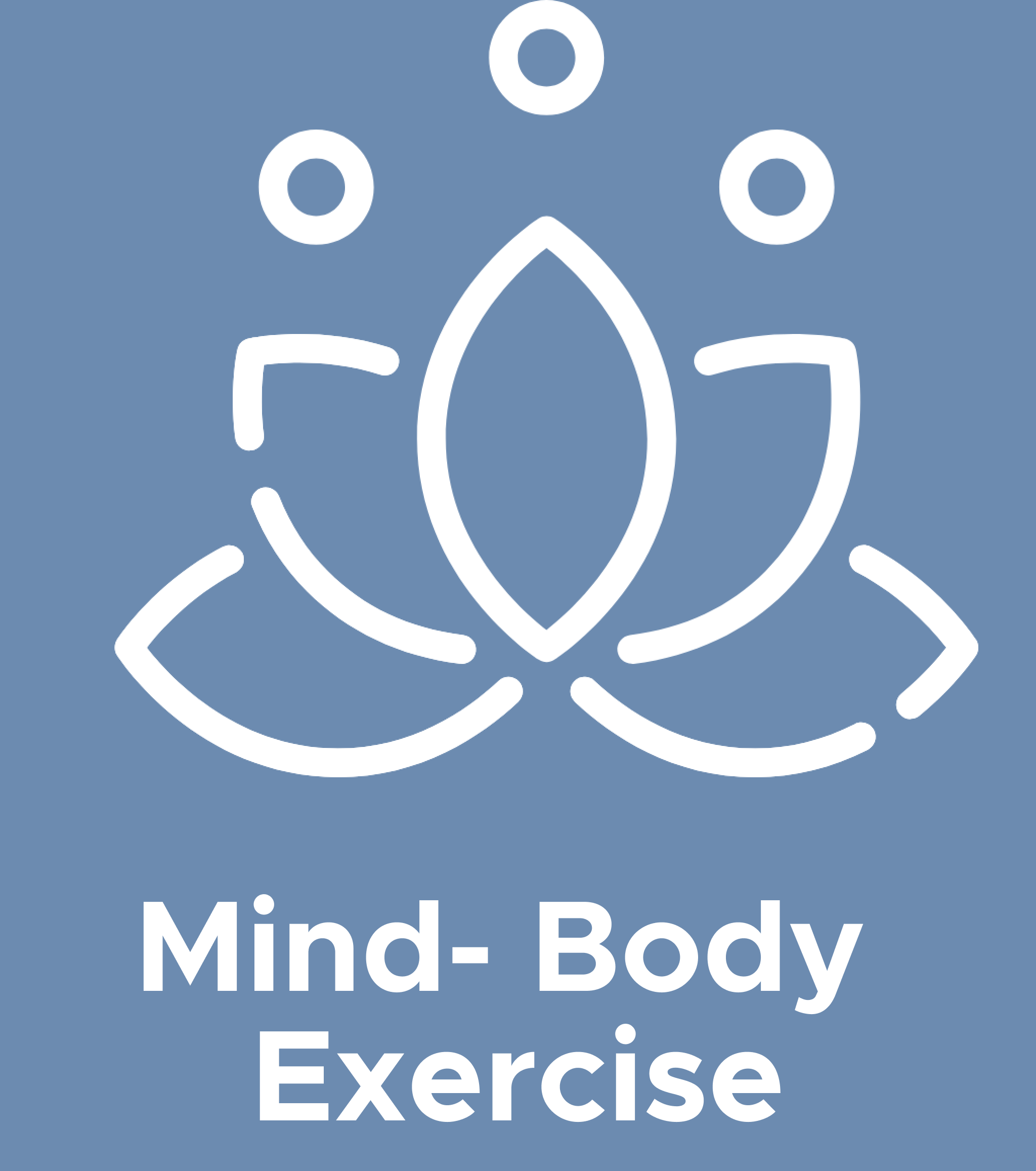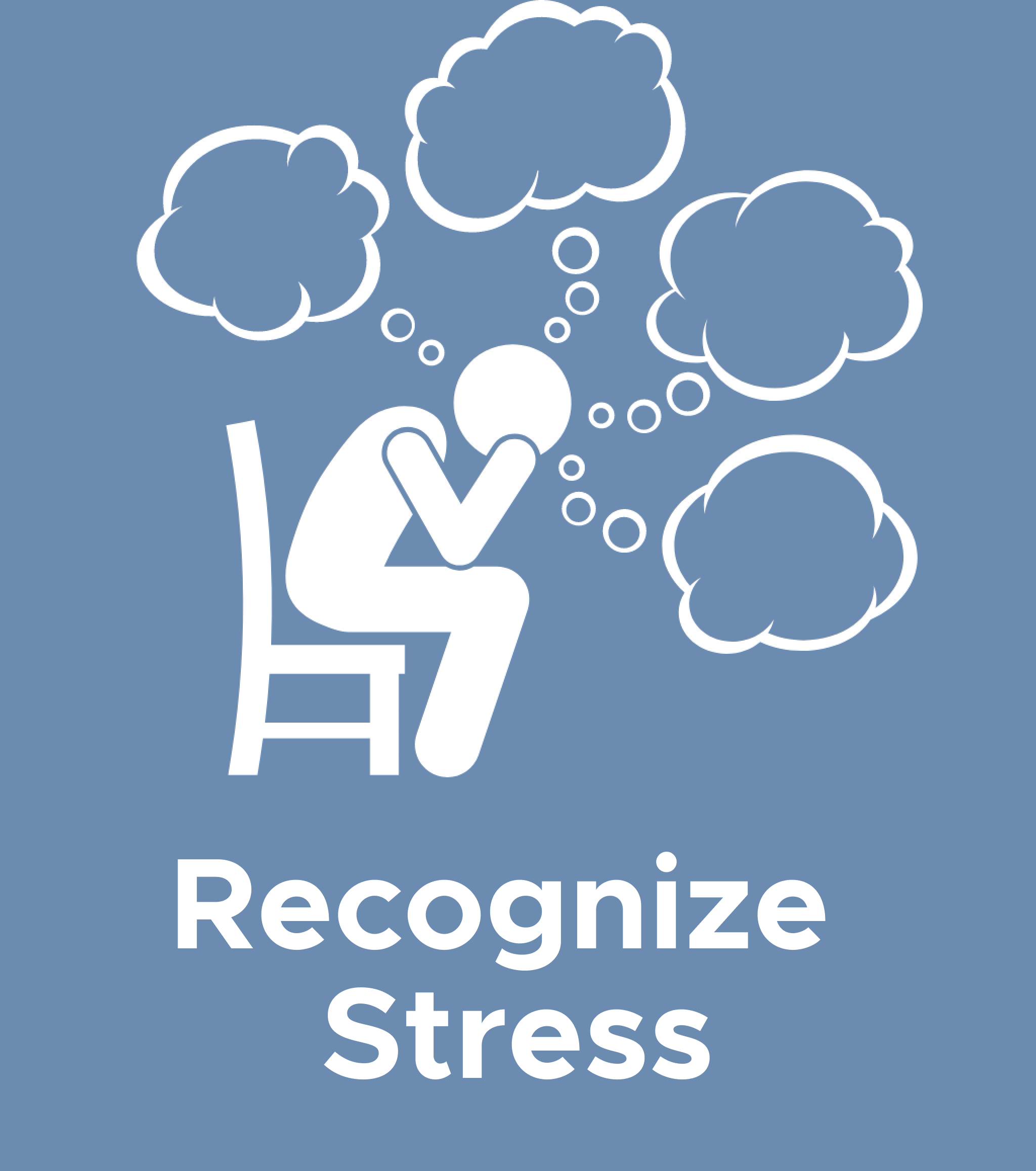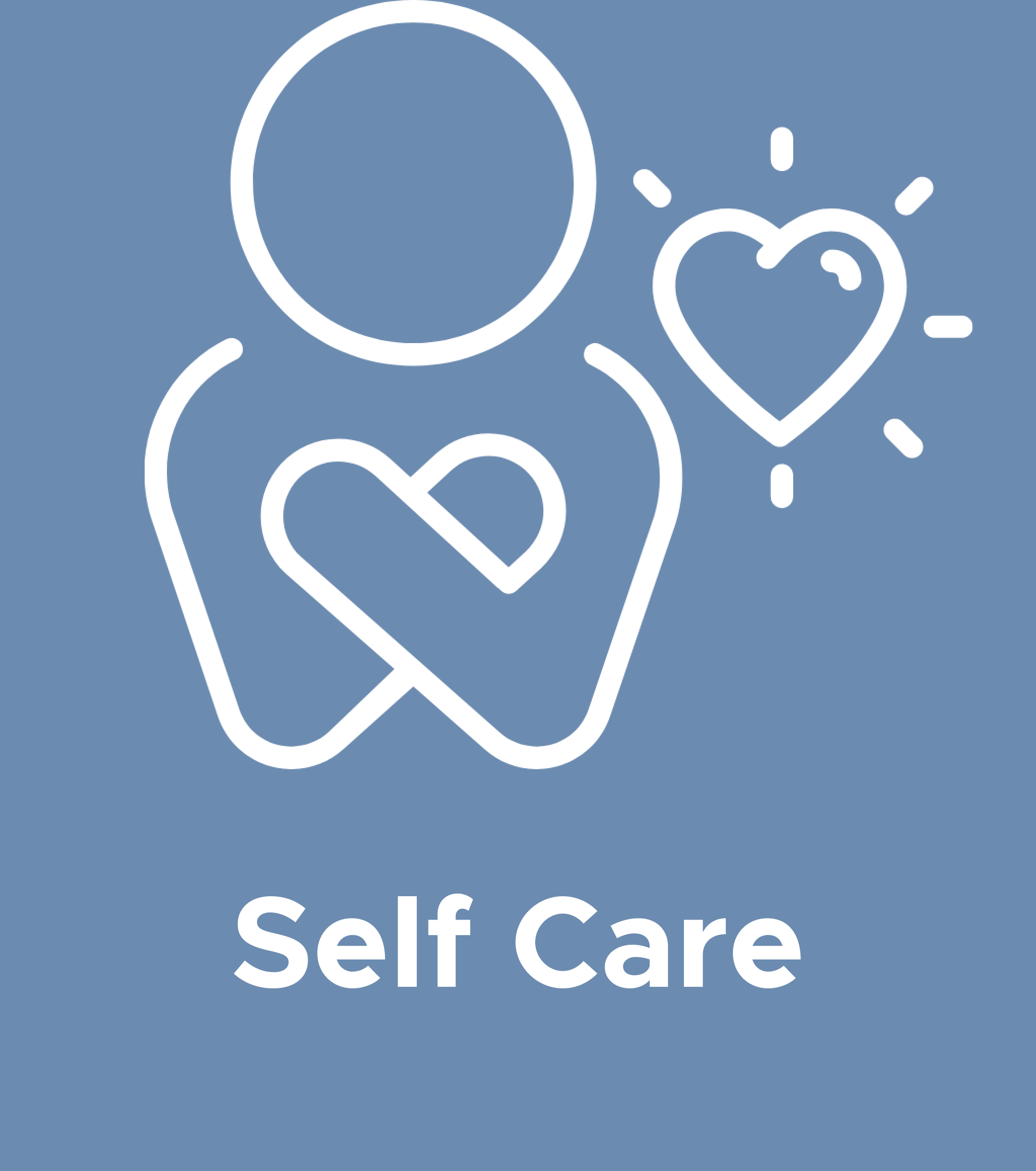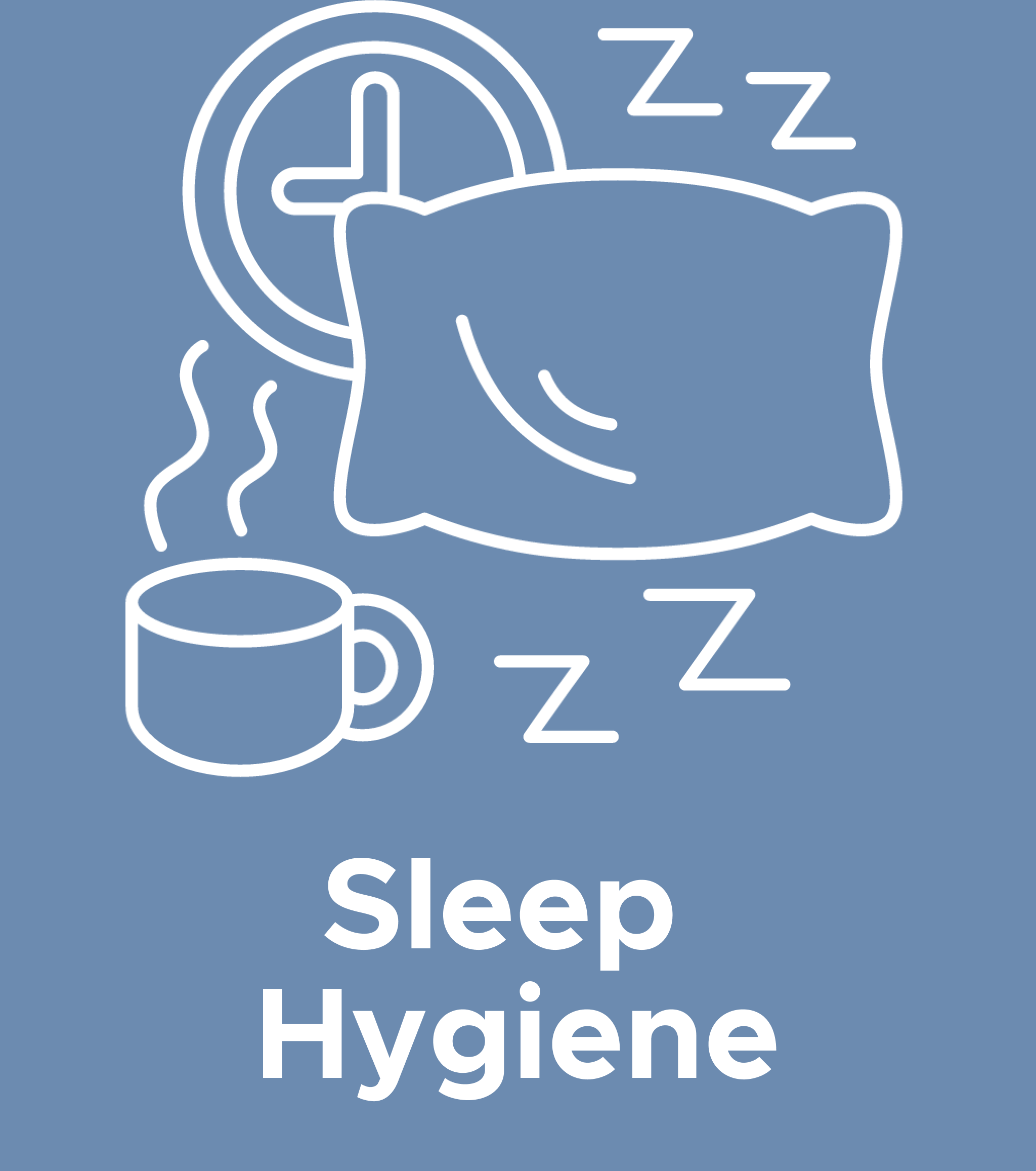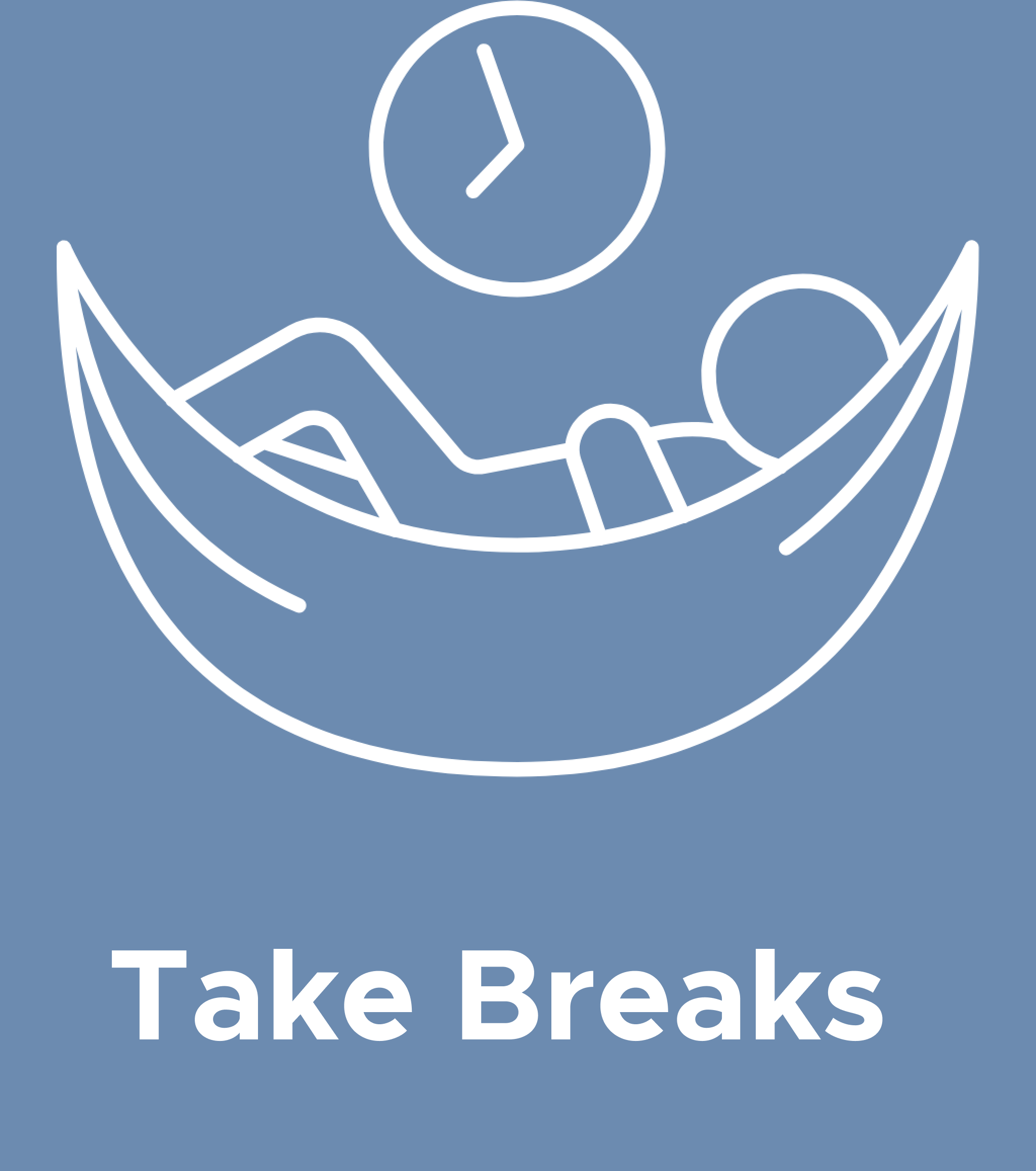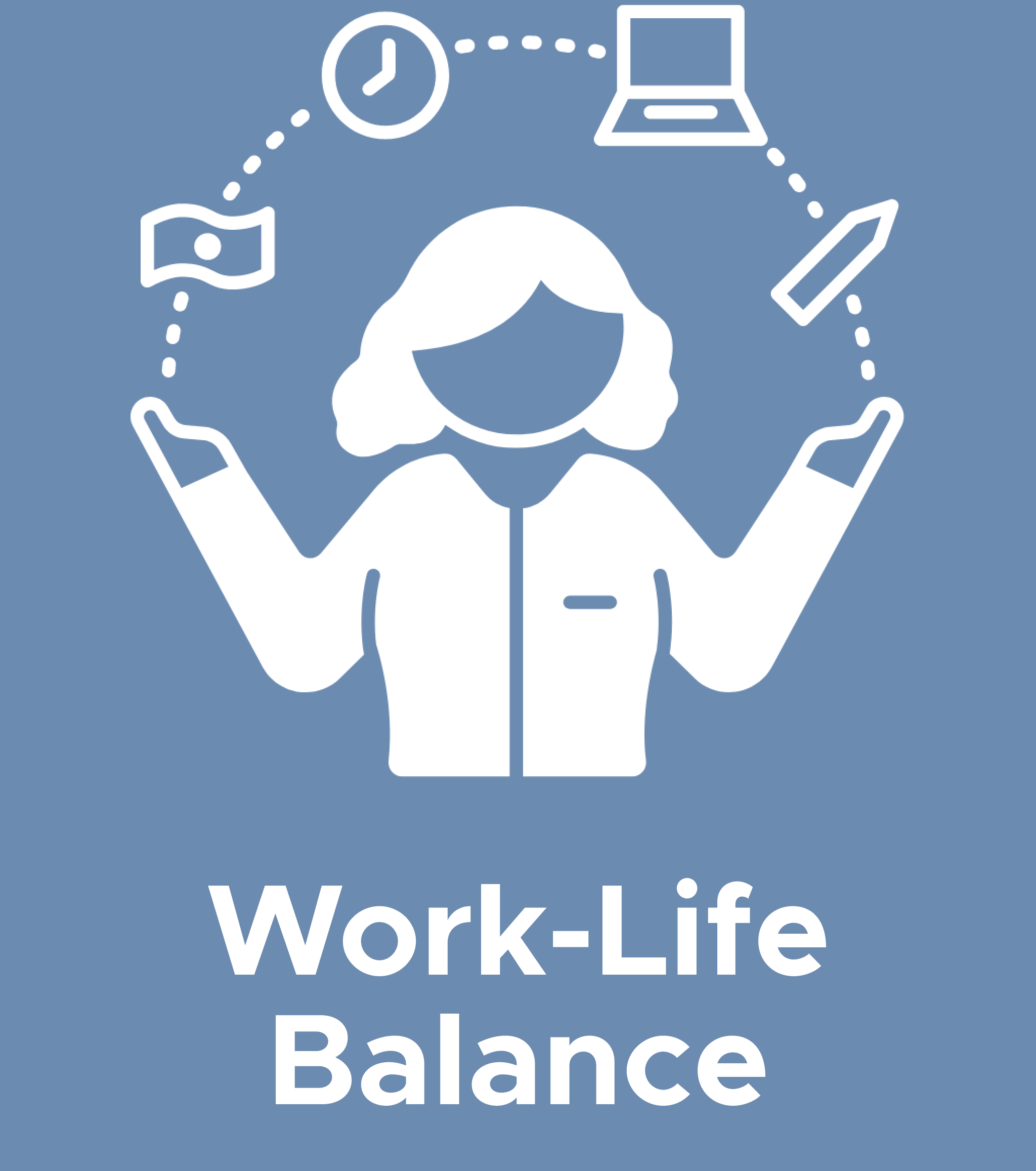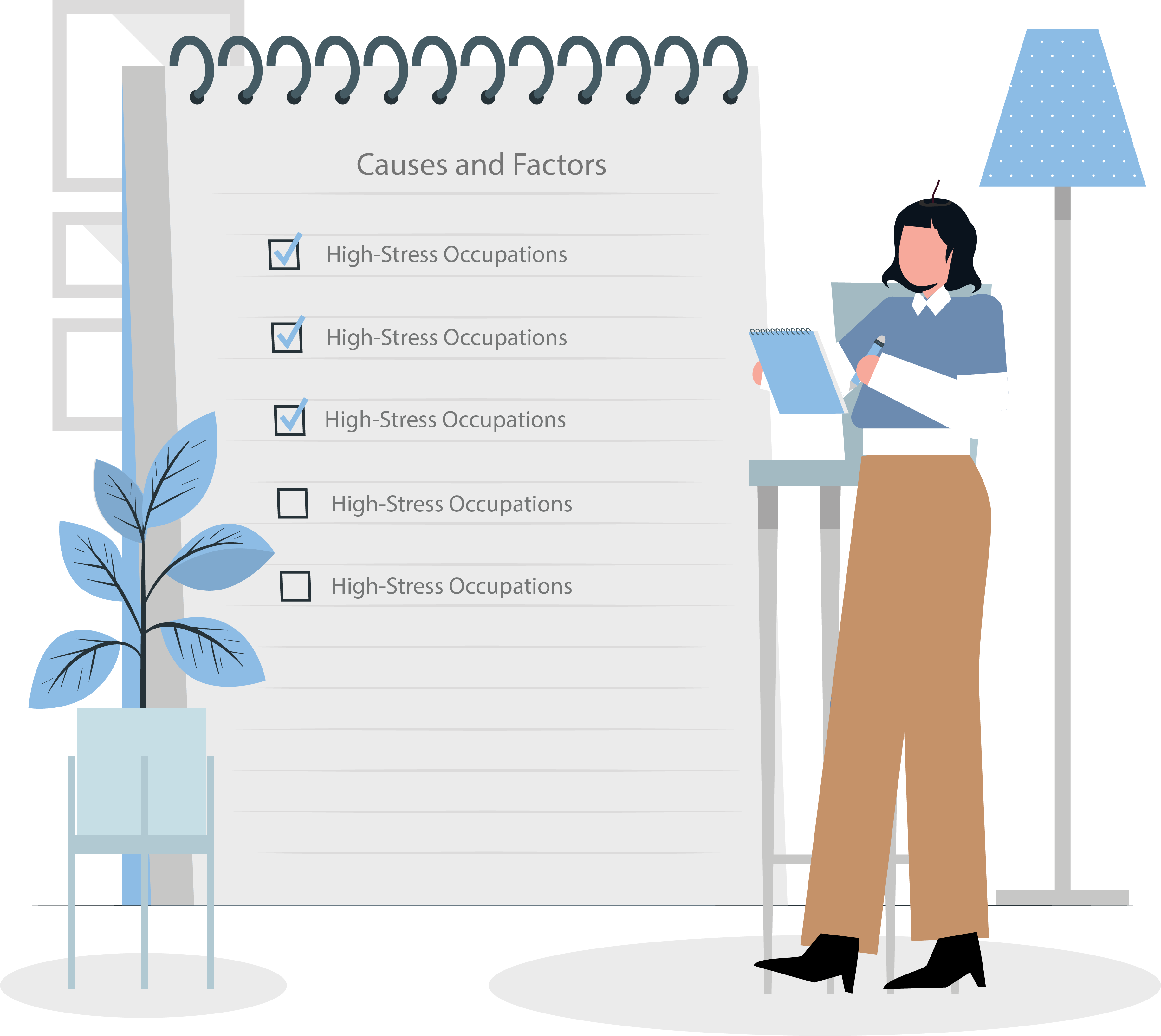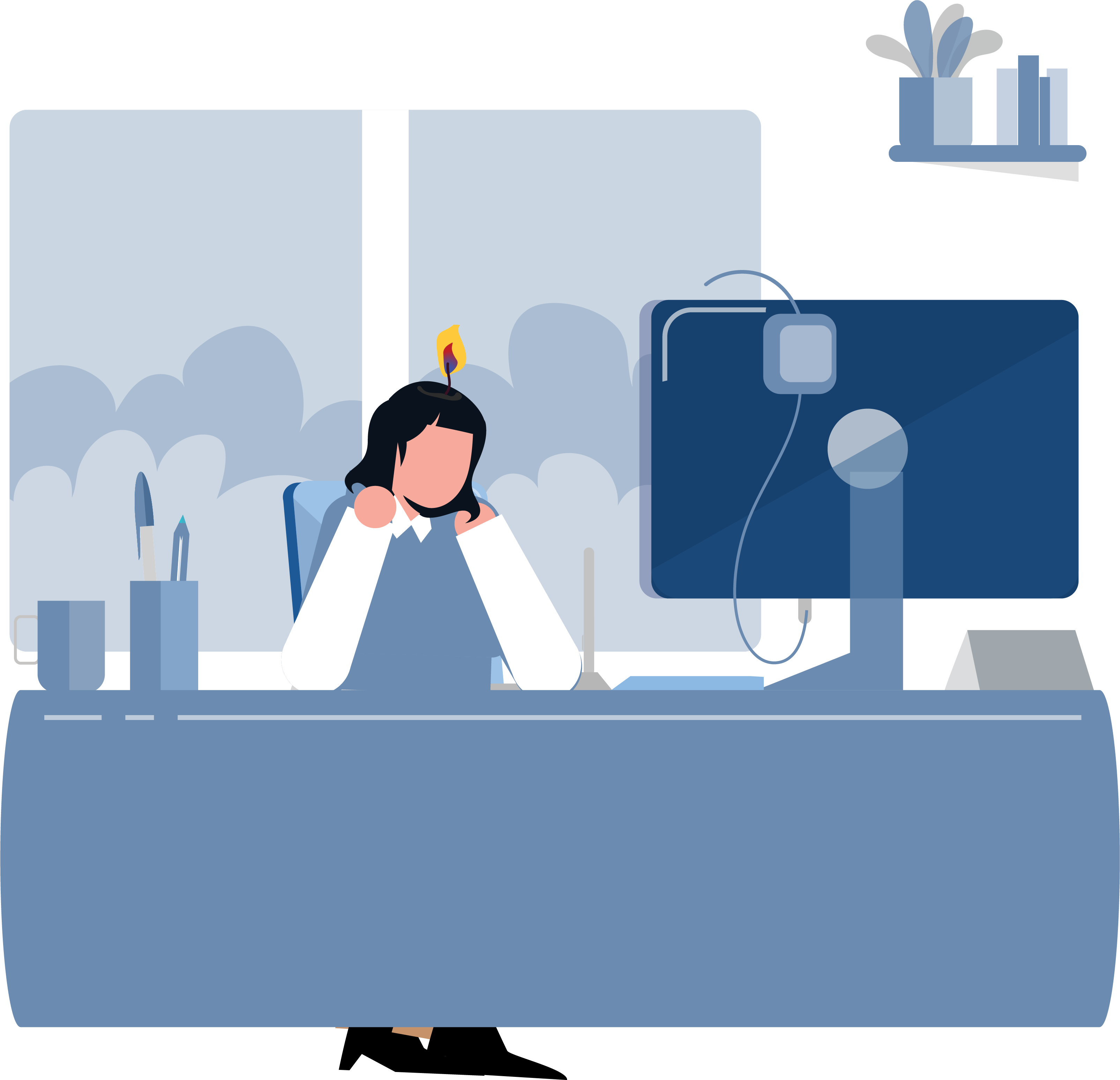Overview
Ever had one of those days where you’re just wiped out, feeling like you’ve run a marathon without even leaving your desk? That’s burnout for you. It sneaks up when you’re busy juggling work, family, and all the other stuff life throws your way.
Picture this: you’re not just tired; you’re downright exhausted – mentally, physically, the whole shebang. And guess what? It’s not just about stress. Burnout’s like your motivation for taking an extended vacation without asking you first.
Now, here’s the scoop: burnout isn’t something your doctor can slap a label on, but it’s real, and it can mess with your health if you don’t deal with it. It’s like feeling drained, cynical, and just plain over it all. It’s like hitting a wall and wondering where your mojo went.
But hey, it’s not all doom and gloom. Recognizing the signs and taking action is key. Whether it’s taking a mental health day, talking to someone, or finding new ways to unwind, there are ways to bounce back.
So, next time you’re feeling like a burnt-out lightbulb, remember: you’re not alone, and there are ways to flick that switch back on.








